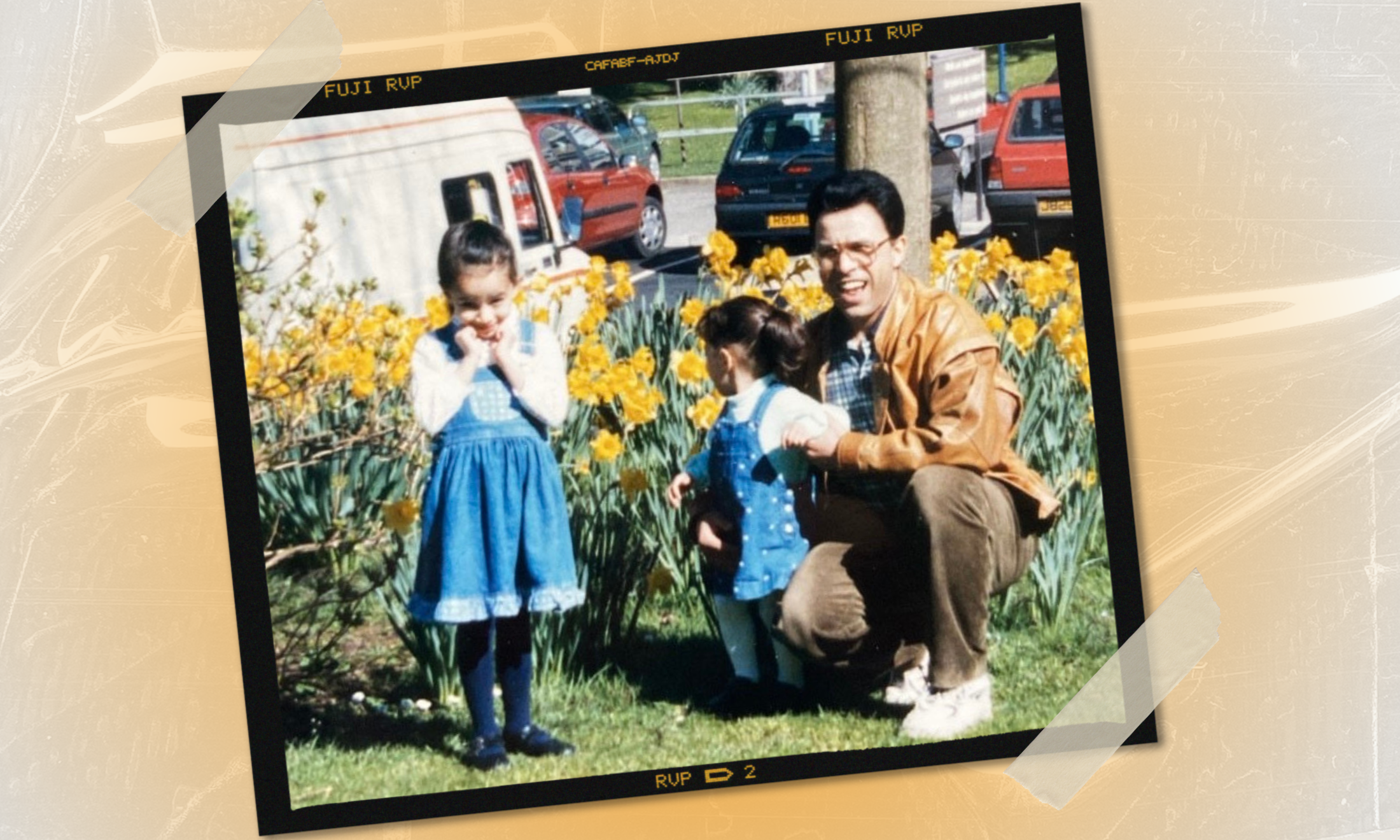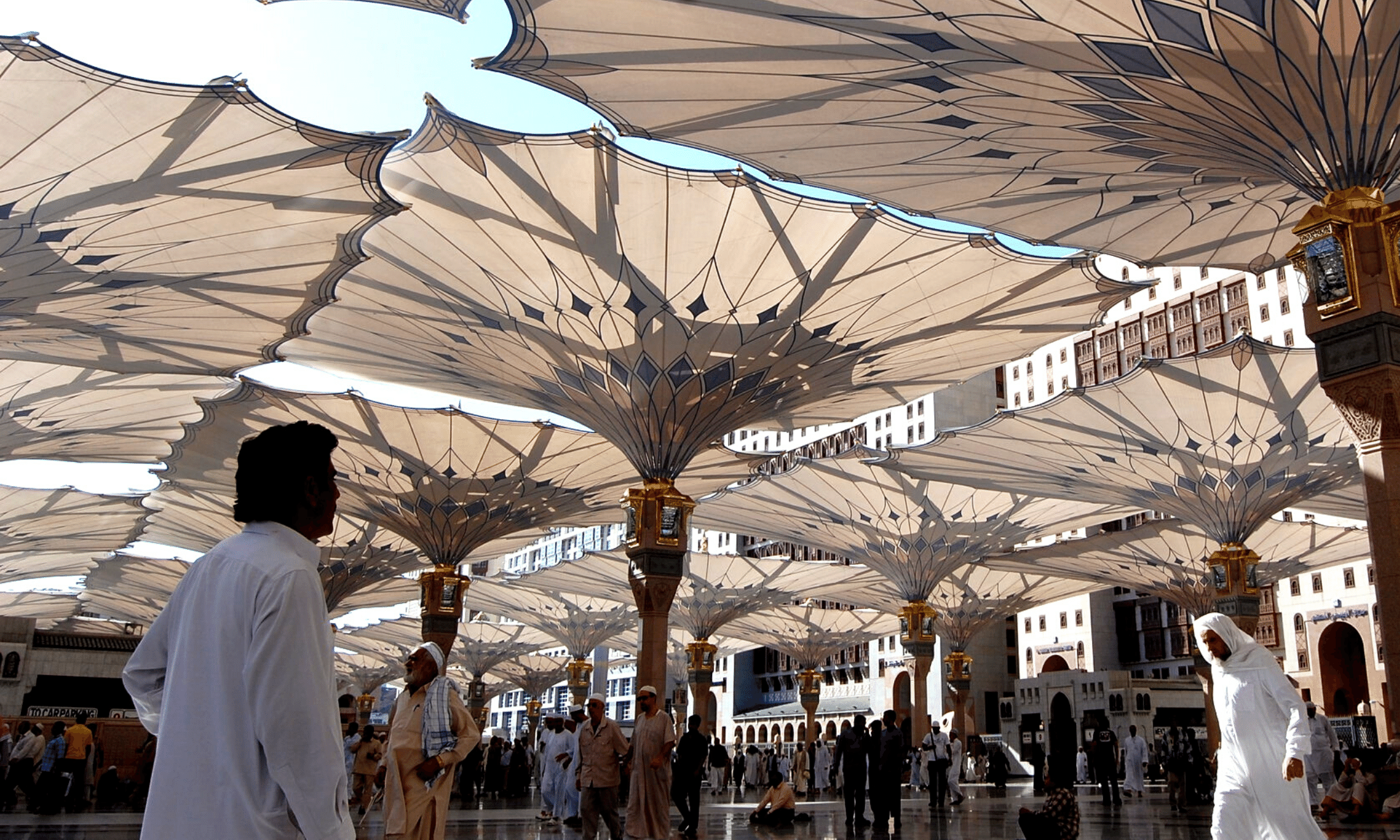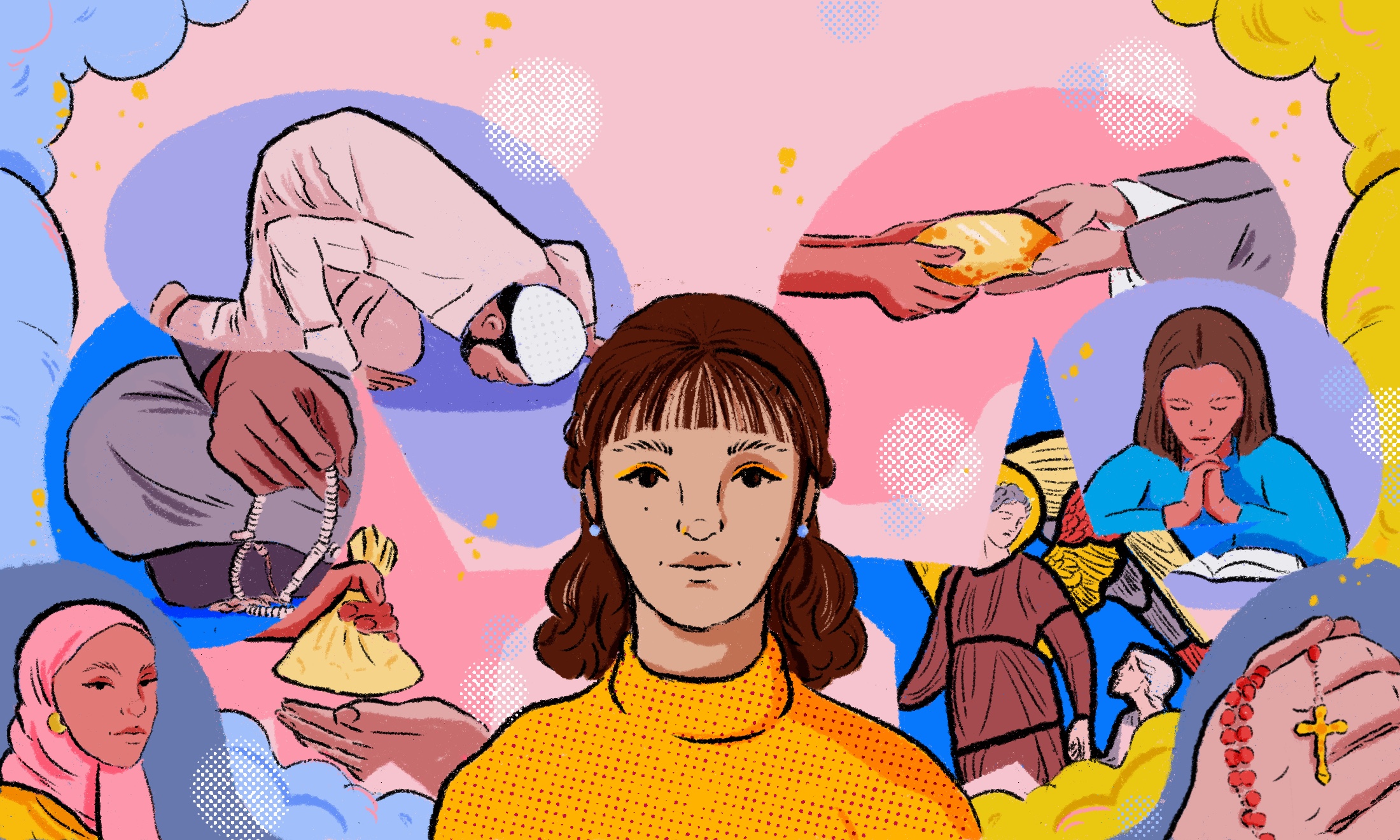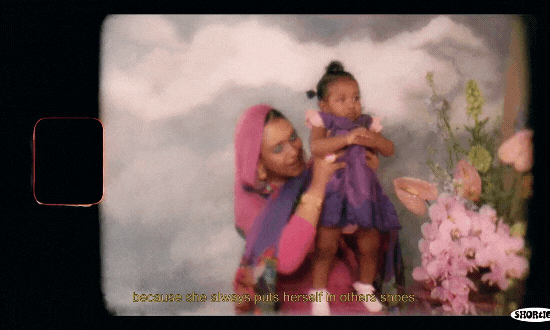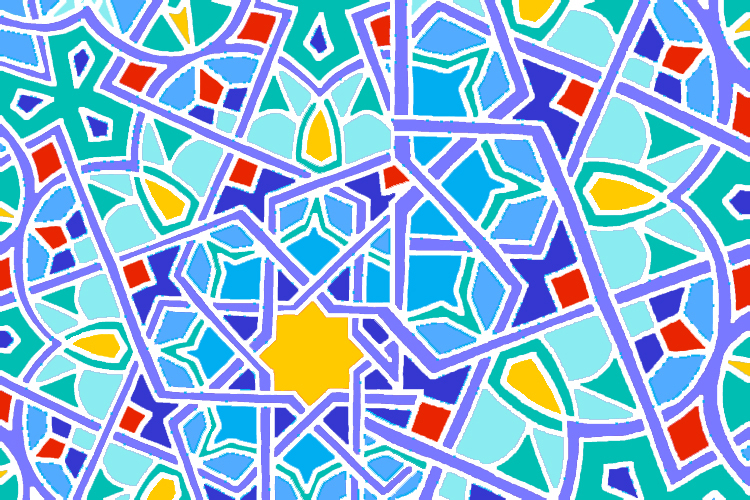
“If you choose to express Islam in a violent and destructive manner, this is your projection onto Islam, of your personality and your choices.”
Letters to a Young Muslim, published by Picador last year, contains a series of mini essays from Omar Saif Ghobash, ambassador of the United Arab Emirates to Russia, to his young son, lovingly referred to as “habeebie” Saif. In his first published book, Ghobash addresses both the skeptic and cynic offering profound insight into a religious way of life that has been made the constant subject of xenophobic scrutiny and humiliation.
Letters benefits the struggling Muslim. For me, growing up as an Arab-Muslim has presented me with difficulties in understanding my femininity. I have had to overcome years of internalised shame and confusion as a consequence of existing in a society where Islam is depicted as radical and foreign. How I manoeuvre between my western and Arab identities remain an ongoing conflict for me, but in Ghobash’s Letters I found solace.
The essays vary in content from intimate anecdotes of relatable experiences; such as difficulties assimilating to party culture as a student in England (and the social isolation that follows) – to the more uncommon – death of a father who was murdered in a suicide bombing. Ghobash writes with ease in a style that effectively navigates the ambivalences of faith.
Ambivalence and “grey areas” themes that reappear throughout the book. For those that follow Islam, Ghobash insists in discovering the “greys of life” for themselves rather than trying to determine their experiences as fitting in monolithic categories of black and white. These grey areas involve a range of topics from being biracial in a proudly Arab society, to the origins of fundamentalist mentalities.
Individual identity is a key theme in Ghobash’s Letters. The violent murder of his father in a 1977 suicide bombing, whilst Ghobash was six, heavily affected his perception of manhood. The absence of his father became a lifelong quest to understand the suddenness of death. In a moving passage Ghobash finds himself struggling to accept his father’s loss – opening up to readers with admirable vulnerability.
We experience the grief of a Muslim victim’s family to a terrorist attack, rather than the conventional rhetoric that surrounds the stereotypical foreign, unassimilated ‘Muslim perpetrator, western civilian’ dynamic. Ghobash’s experience subverts the orientalist gaze, which typically depicts Islam as an exotic and foreign faith, removing western bias out of the gaze, letting us delve firsthand into the experience of a Muslim by a Muslim.
Ghobash considers his personal struggle with faith, “I also suffered from depression as a direct result of not having the answers to the contradictions I saw between belief and the world around me.” He vocalizes his jihad, (meaning one’s ‘struggle’ for righteousness). We are welcomed into Ghobash’s spiritual nakedness. He bares his most intimate troubles for us to see, allowing us to scrutinize his choices.
The invitation to probe and speculate his struggles compel us to conceptualise what jihad means Islamically, as opposed to the form you might be more familiar with – ‘jihadist’. This form is pejoratively defined in media rhetoric to ascribe brutality with Muslim terrorist agendas. This term is an inaccurate and reductive way to brand Islamic faith as generically barbarous.
Ghobash certainly advocates an Islam that embraces the Islamic concept; the ink of a scholar is far mightier than the blood of a martyr. The discussion of stigmatized taboos such as suicide bombings is explained by the appeal of martyrdom behind such attacks. Ghobash believes these are deluded misconceptions of what true martyrdom entails. He argues that a better sacrifice would look into ways of increasing altruistic behaviour to make this world a better place. Ghobash tells his son that there are infinite ways of doing this.
The ink of a scholar certainly retains truth as Letters offers rich insight into the history of the Islamic Golden Age; different sects of Islam and how they vary according to culture and location; and Islamic succession of the Arabian Peninsula.
History can be strenuous, but Ghobash applies it skilfully to show us how fundamentalist mentalities arise. For example recounting the history of fourteenth-century theologian Ibn Taymiyyah allows us to examine the context of a time were a more violent version of Islam was strategically employed in a society, which desperately sought to preserve its culture and faith from violent invaders. As a consequence the radical literature that circulates amongst some Islamic communities today is simply a product of Chinese whispers.
The quest for knowledge is highly favoured by Ghobash. Asking ‘why?’ is the Islamic approach he advocates, and in my opinion, the most successful approach to overcoming dogmatic mentalities.
Letters makes a highly engaging read for anyone with an interest in or connection to Islam. There is an abundance of insightful information, which is readily accessible no matter how unfamiliar you are to the religion. Ghobash skilfully blends the black and the white to show the “greys” of Islam. I found myself ravenously indulging in this book, which became a way for me to reconcile the fragmented parts of my identity.


